

Atelier de lucru pentru profesorii de limba engleza din judetul Ialomita, organizat cu sprijinul dnei inspector de limbi moderne, Marcela Jalba.
Puncte atinse:
@ ce inseamna comunitatea eTwwinning
@cum ne alaturam comunitatii
@opportunitatile de formare si dezvoltare profesionala
@exemple de instrumente digitale folosite in proiecte eTwinning
@ exemple de proiecte si pasii de urmat in implementarea lor





SEMINAR BILATERAL ROMÂNIA- REPUBLICA MOLDOVA- PARTENERIATELE ETWINNING
Seminarul bilateral al Republicii Moldova și al României privind parteneriatele eTwinning le-a arătat participanților cât de ușor este să colaborăm și să învățăm de la colegii noștri. Liceul de Arte a fost reprezentat de profesorul și ambasadorul eTwinning / Erasmus, Nicoleta Militaru, care a făcut o prezentare a proiectului eTwinning / Erasmus, Act4Env și modul în care au fost atinse criteriile de evaluare pentru Certificatul Național de Calitate.
https://www.facebook.com/ErasmusArte
#AmbasadorErasmus
#etwinningambassador
CEI 4 C IN EDUCAȚIA DIGITALĂ– parte din cursul COMPETENȚE TRANSVERSALE ÎN ȘCOALA CONTEMPORANĂ, realizat ca urmare a participării la activității de tip job-shadowing în cadrul consorțiului Erasmus+ al Casei Corpului Didactic, anul I de acreditare. ( formator modul : Militaru N, ambasador eTwinning si Erasmus+).
În acest modul s-a pus accentul pe modul în care proiectele Twinning duc la formarea celor 4 C- comunicare, colaborare, creativitate și gândire critică în educația digitală.






Comunicarea digitală a devenit extrem de importantă în era modernă, având un impact semnificativ asupra modului în care oamenii interacționează și colaborează. Astfel, printre beneficiile comunicării digitale găsim faptul că aceasta se face în timp real, că îmbunătățirea abilitățile digitale și productivitatea, că ne permite să colaborăm la distanță și avem acces rapid la toate materialele de care avem nevoie pentru activitatea noastră.
Colaborarea digitală se referă la procesul prin care oamenii lucrează împreună online pentru a atinge obiective comune, pentru a crea conținut sau pentru a rezolva probleme. Aceasta implică utilizarea tehnologiei și a instrumentelor digitale pentru a facilita comunicarea, a împărtăși informații și a coordona activități, chiar și atunci când participanții se află în locații diferite. Colaborarea digitală poate avea loc într-o varietate de situații, de la locul de muncă la proiecte educaționale și de voluntariat.






Creativitatea digitală este utilizarea tehnologiei și a mediului digital pentru a dezvolta și exprima idei originale, concepte și conținut în moduri creative și captivante. Combină abilitățile creative cu instrumente și platforme digitale pentru a crea lucrări de artă, proiecte multimedia, design grafic, conținut video, muzică și multe alte forme de exprimare. Creativitatea digitală joacă un rol important în cultura digitală modernă și poate fi aplicată în multe domenii, de la arte și divertisment până la afaceri și educație.
Gândirea critică digitală se referă la capacitatea de a evalua, analiza și interpreta în mod rațional și rațional informațiile și conținutul găsit online. Aceasta implică aplicarea gândirii critice tradiționale într-un mediu digital în care există multă informație, dar și dezinformare sau manipulare. Dezvoltarea gândirii critice digitale este esențială pentru a naviga în mod eficient în era informațională și pentru a lua decizii informate și informate.






Aceste abilități nu numai că îi ajută pe elevi săi navigheze pe drumul spre succes în lumea digitală, ci îi pregătesc și pentru viața într-o societate modernă în care tehnologia joacă un rol din ce în ce mai important în fiecare aspect. Educația digitală care evidențiază cei 4C nu se limitează la utilizarea tehnică a dispozitivelor sau a aplicațiilor, ci încurajează și abilitățile necesare pentru gândirea critică, inovare și interacțiune umană pozitivă împreună în mediul online.






HOW TO BECOME AND ETWINNING SCHOOL- STUDENTS AS AGENTS OF CHANGE– webinar organised by the European Comission.
Andreea, Adela and Anastasia spoke about the way students can influence their peers into being more involved in their schools and communities. They spoke about the influence of eTwinning and Erasmus+ projects and how they have evolved by being part of the teams.


ETWINNING- NOUL SPATIU EUROPEAN
Curs CCD Ialomita







Programul de formare propus se adresează cadrelor didactice care nu au sau au experiență redusă în utilizarea platformei eTwinning și în valorificarea acțiunii eTwinning în activitatea lor didactică și evoluția lor profesională. Profesorii vor fi familiarizați cu scopurile și misiunea eTwinning, cu instrumentele de lucru specifice acestui program european, cu criteriile urmărite în scriere proiectelor eTwinning și cu posibilitățile de dezvoltare profesională oferite de eTwinning.
- Competențe vizate:
- să administreze pagina personală pe eTwinning;
- să utilizeze instrumentele eTwinning pentru activități didactice;
- să identifice oportunitățile de formare profesională oferite de eTwinning;
- să utilizeze instrumente web pentru a asigura colaborarea între parteneri;
- să elaboreze un proiect în cadrul unui grup de lucru.









BE ACTIVE!

We are focused on making students more aware of the importance of different European Values and identifying various ways to integrate them into the school curriculum. Activities will focus on the European values of human dignity, freedom, democracy, equality, rule of law and human rights.
AIM:
- develop the key competences from the European framework: the ability to communicate in a foreign language, the ability to analyze facts and opinions, the ability to work in a team, negotiate and collaborate in order to finalize tasks, the ability to use different digital tools to make presentations and to engage partners, the ability to identify different cultural elements which are representative for national and European culture.
Students will work in multinational teams every week. Each partner is responsible with the completion of the tasks in accordance with their school timetable and responsibilities. They will also suggest different digital tools and activities that can be done in order to develop the skills mentioned. They will also create games to promote European values using different online tools such as WordWall or Quizziz. All these will be considered examples of good practice among European teachers and students.
October- Nice to meet you! – partners present themselves and try to find more about one another ( the forum of the project). They also set up the code of online behavior and discuss e-safety aspects.
November- Human dignity- find examples of how people can promote human dignity- students write their examples in a collaborative Linoit document.
December- Freedom- I am thankful for my freedom to…- students write notes and include them in a Digipad document
January- Democracy- Did you know?- Students find different aspects regarding the concept of democracy in their countries and share in a Padlet
February- Equality- How do we show equality in everyday life? Students find examples from their lives and share in posters and collaborative tools.
March- Rule of Law- Students present different rules of law in their countries and include them in a Google presentation
April- May – Human rights – Students find examples when human rights were not respected in the world and post them in the Padlet of the project
June- It is not the end – Evaluation and Feedback using Google forms/ Mentimeter

- posters promoting the targeted European values
- collaborative documents which can be used as didactic materials and examples of good practice
- games to promote European Values


ACT FOR ENVIRONMENT

The project is based on the Erasmus+ project with the same title. The activities mainly focus on raising awareness on the issues related to environment and global warming. We want our children to be better informed and to start taking small steps towards bigger changes in their future lives as adults.

AIMS
– to work efficiently in national and multinational teams on the topics of the project
– to create digital materials that can be used as examples of good practice in European projects
– to communicate in a foreign languages, expressing opinions and justifications of the opinions
– to improve their time management skills
– to identify different solutions to different problematic situations, providing solutions to problems





WORK PROCESS
1. Welcome back- Forum task on returning to the project and also welcoming new members
2. Online eSafety and Copyright rules
3. Between the river and the sea
3. Is our natural heritage in danger?
4. There is NO planet B! Save the environment!
5. Erasmus+ mobilities
6. In the press
7. Feedback and evaluation




EXPECTED RESULTS
1. Digital materials ( presentations, posters, brochures) promoting different measure which can be taken by youngsters when dealing with environmental issues
2. Collection of common games on the topics of the project- learning in a fun way.
3. Pedagogical materials which can be used when teaching topics related to nature and environment






Activitati realizate la nivel judetean:
- Prezentare in cadrul intalnirii cu profesorii diriginti , clasele a IX-a si a X-a- ISJ Ialomita
- Consiliul profesoral Liceul de Arte
- Activitate metodico stiintifica, ISJ Ialomita ( prezentare spatiul eTwinning, oportunitati si munca in echipa)
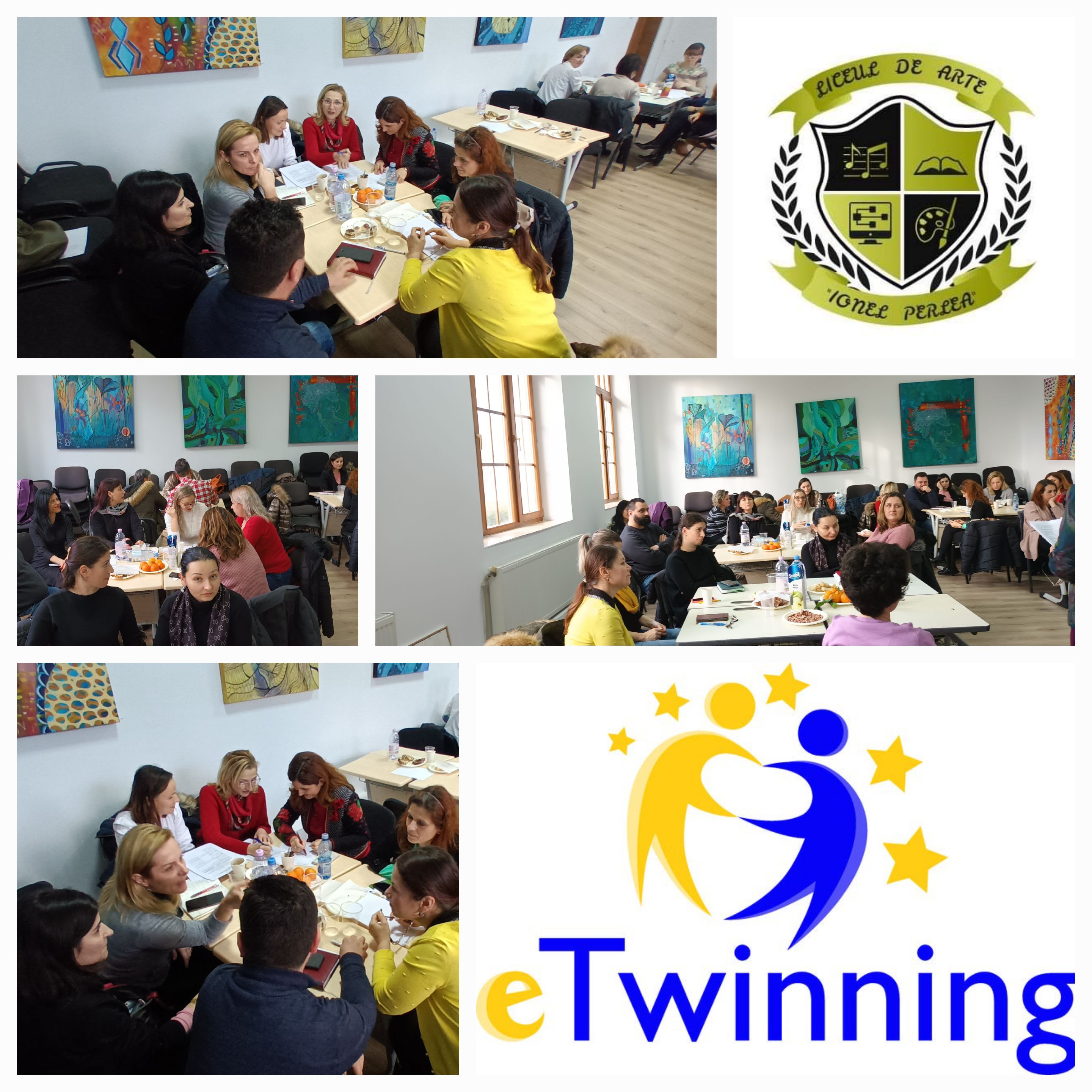
- Start in eTwinning presentation
18.02.2022- Dezbatere organizata de Asociatia ADDA Bacau- Orase verzi pentru tineri- prezentarea proiectelor eTwinning si Erasmus+ ca exemple prin care scoala se poate implica mai activ in constientizarea de catre elevi a problemelor de mediu.
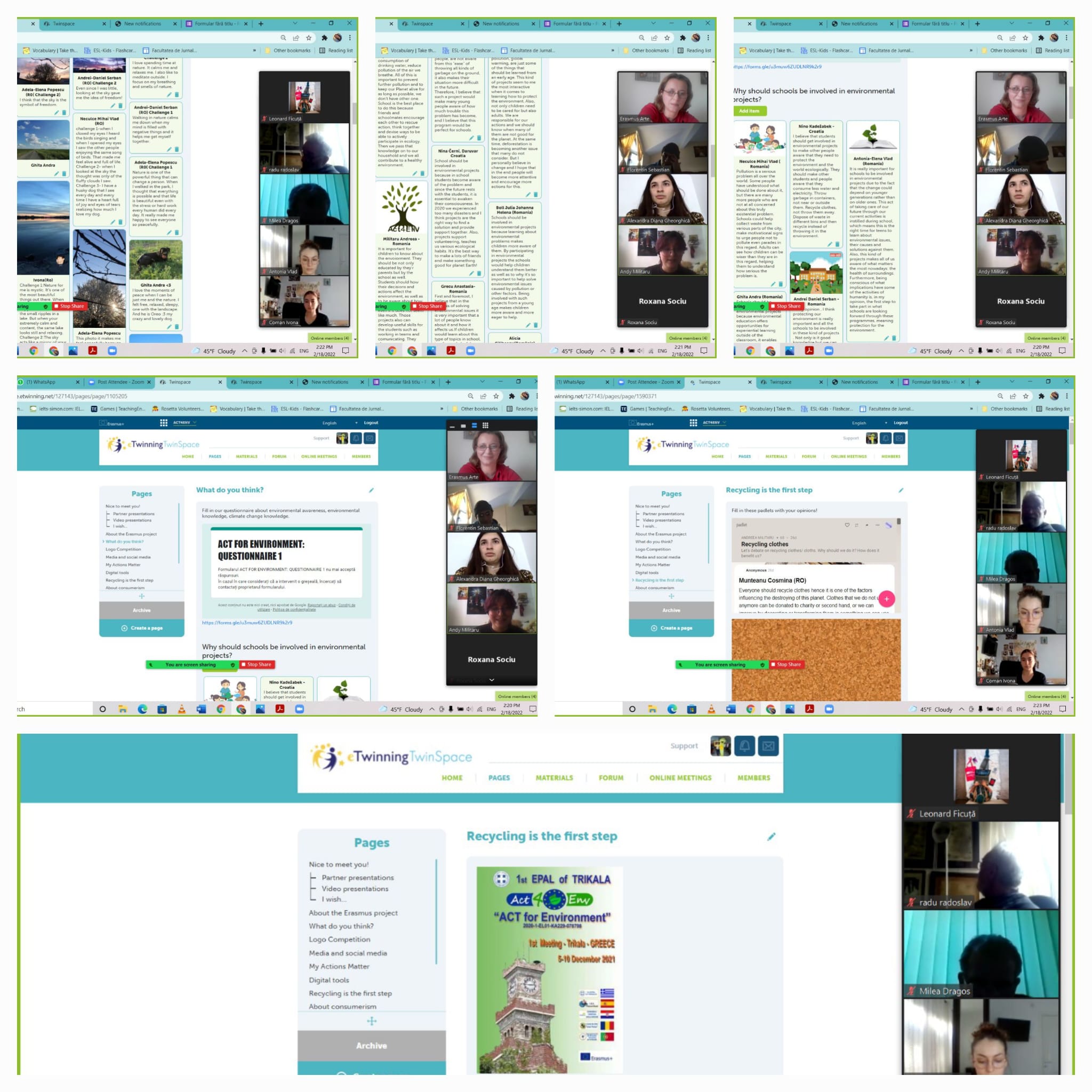
09.03.2022 – Atelier proiecte europene- prezentare de bune practici eTwinning si Erasmus+- organizator, ISJ Ialomita
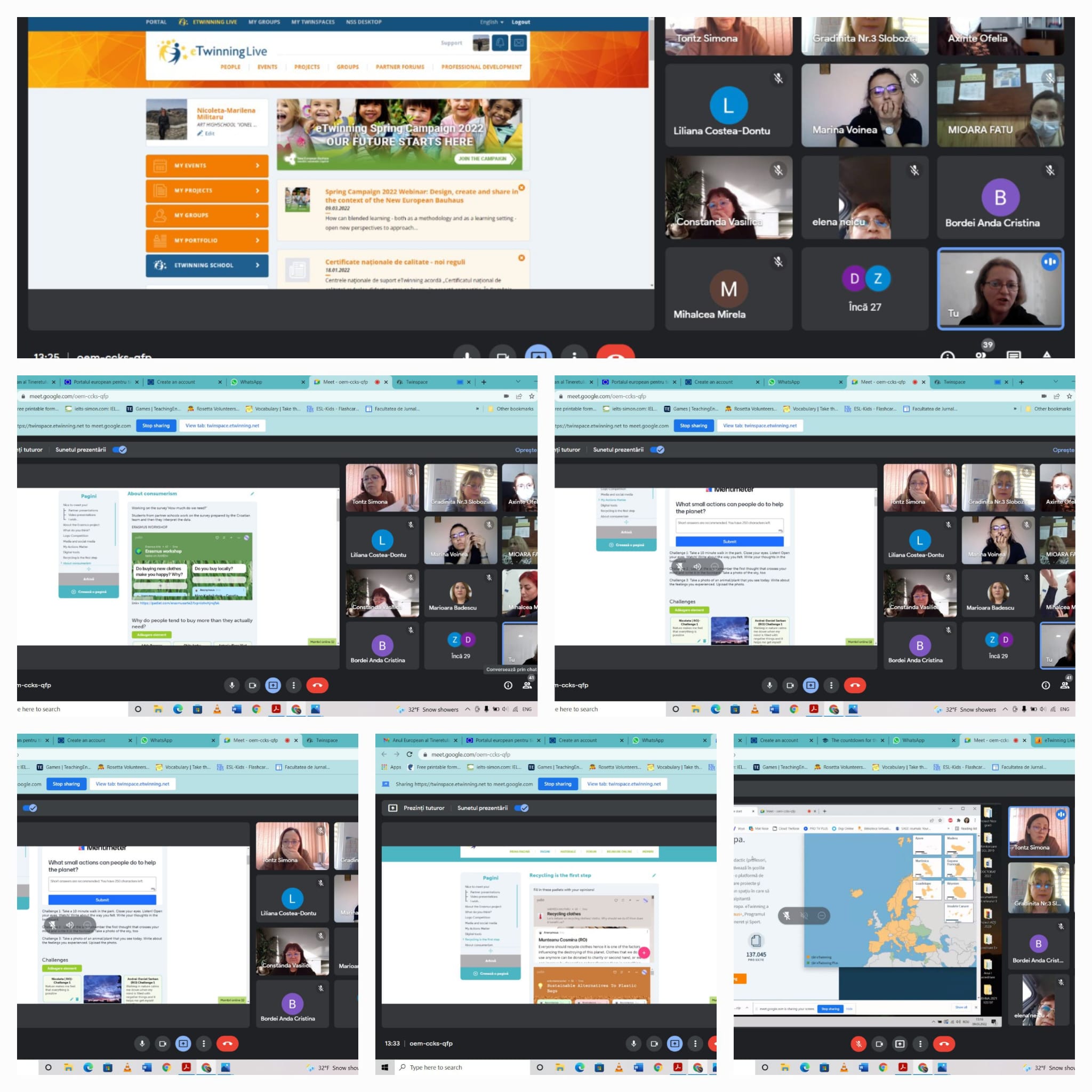
06.06.2022- Despre bune practici in eTwinning si Erasmus- organizator CCD Ialomita
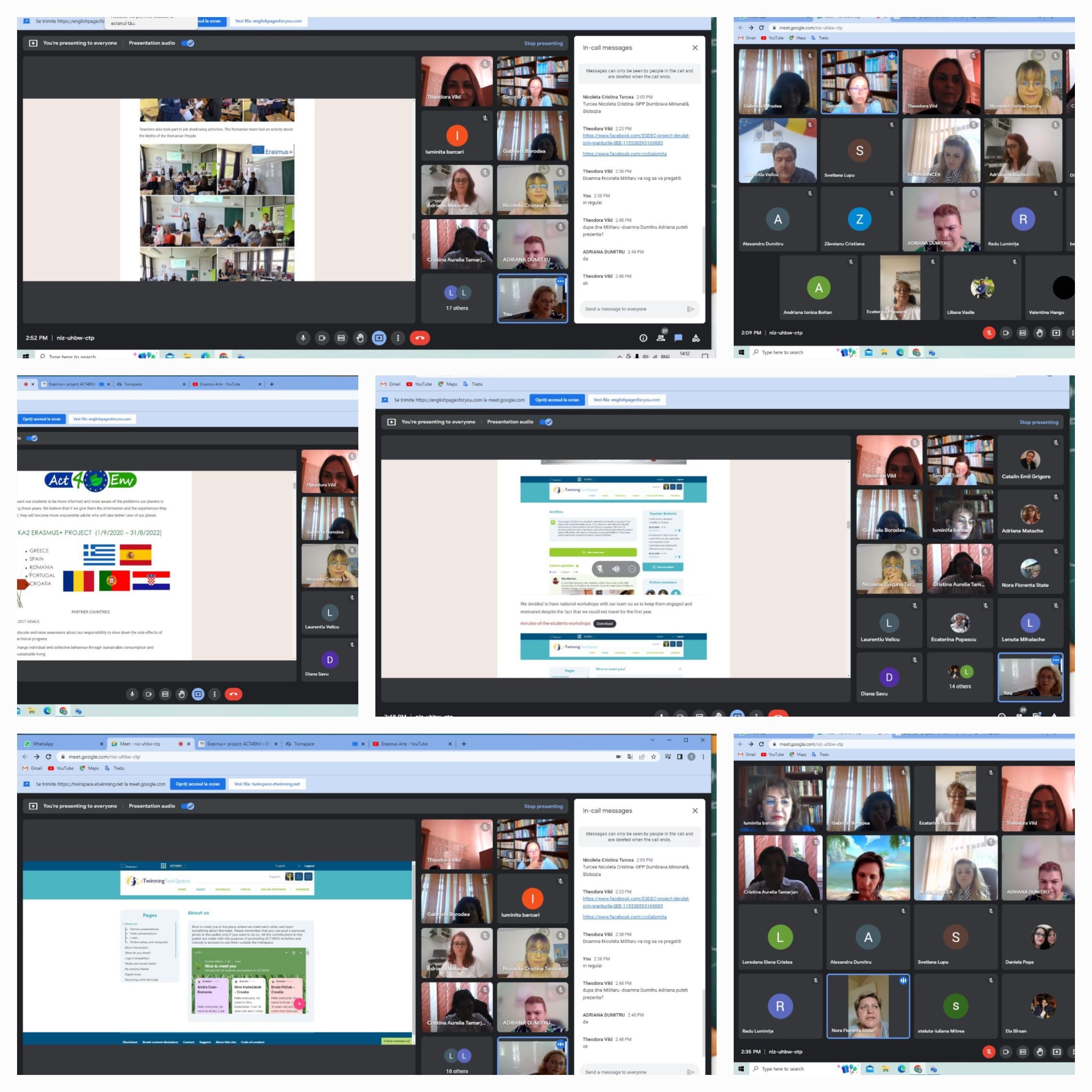
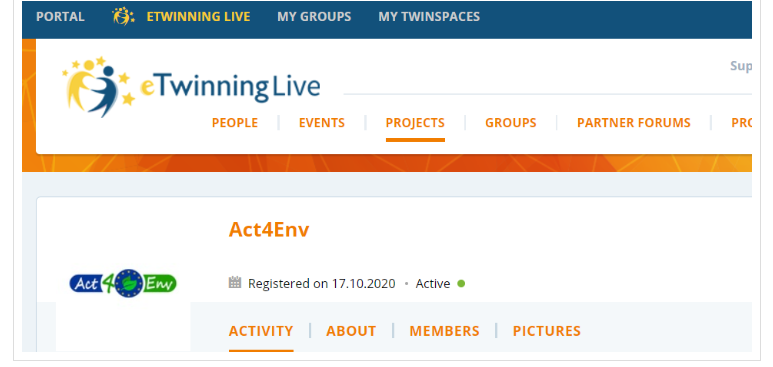
ACT4ENV-Act for Environment
About the project
The project Act4Env is a student-oriented and hands-on project that deals with environmental issues. It is meant to raise the participants’ awareness of the problems we are facing nowadays. We want to develop activities thar help them understand that protecting the planet starts with them. We want to educate young generations to be more active and more involved in nature based activities.
AIMS
1. raise awareness about the effects of human activity on the environment at local, national and European level
2. educate young people in order to be more responsible and active in regards with environmental issues
3. create collaborative documents to show examples of good practice in communities
4. participate in workshops dealing with topics of pollution, recycling, consumerism, SDG
5. develop skills from the European framework ( languages skills, ICT skills, science skills, social skills, learning to learn, cultural skills)
WORK PROCESS
1. Introduce yourself
a. Introduction of school partners using videos/ presentations (uploaded on YouTube), followed by the creation of a common Kahoot! (using the Forum section for students)
b. Introduction of students – each partner will choose a tools to present their participants
2. The first step- answer the questionnaire about environmental awareness, environmental knowledge, climate change knowledge
3. Logo Contest- each participant country will send a logo for a competition. Students will vote in a Google form.
4. Recycling is the first step – students will express their opinions on recycling using Padlet – they will also upload photos or videos from their countries in order to show positive or negative examples.
5. Mass consumerism society – students will work on a Google presentation form in order to cover topics related to consumerism – the effects of consumerism as well as possible solutions
6. Between the river and the sea- create materials (videos, animations, posters, presentations) on how the plastic affects our everyday life. Create a common material showing curiosities about plastic: Did you know….?
7. Natural heritage – presenting elements of biodiversity from each partner school in a collaborative presentation. Students use Jam boards to present different aspects related to biodiversity and climate change in their areas.
8. Save the environment! – use Padlet to upload pieces of news from each partner school dealing with the topics of the project, comment on the pieces of news and reacting to them. Use Quiz in order to create a common quiz on different ways of recycling and other related topics.
EXPECTED RESULTS
1. logo of the project
2. collection of positive and negative examples related to environmental issues form participant countries.
3. posters on the topics of the project
4. videos on the related topics
5. Jam boards on biodiversity and natural heritage
6. quizzes on nature, biodiversity, pollution, environmental issues

ABOUT THE PROJECT
We want our students to work together on topics related to music and art. Music and art are important aspects of our lives and they help us communicate better. We focus on developing their vocabulary and how to integrate it efficiently in everyday communication. We want them to use the media in a responsible way and as a source of inspiration in the world of music and art.
AIMS
– developing the key competences from the European framework
– making children aware of the importance of music and art
– prepare and share pages about music and art together
WORKING PROCESS
We are planning to work on a small project.
TASK 1- Introduce yourself ( children use different tools and they can do it in their mother tongues as well)- September
TASK 2- Music is the common language- children create a pictionary about musical instruments and equipment adding words in their mother tongues/English – a celebration of European Day Languages
TASK 3- Special moments – write in a Linoit wishes for the Christmas time and New Year, Winter exhibition , include various national moments
TASK 4- Music and colours challenge- Children access a Padlet in which they post their favourite videos and then write comments with the colours they think of when they listen to some of the songs
TASK 5- Art Words – Children work on a Pictionary using art related words. They make sentences using these words.
Evaluation of children’s activity is to be done by Mentimeters in which they vote for their favourite activities and write adjectives referring to the tasks of the project.
RESULTS
– two common pictionaries
– Padlet on the participants’ tastes in art
– better team working and collaboration skills
– improve their level of English
– improve their IT competence

EXPLORE AND LEARN
ABOUT THE PROJECT
The project is aimed at developing key competences included in the European framework through a diversity of collaborative activities. They will also focus on topics related to e-safety, copyright rules, fake news and media literacy. Students will be guided to create different educational materials using digital tools like Padlet, Mentimeter, Voki, Google slides and others.
AIMS
– Developing English skills
– Improving ICT skills
– Using digital tools to create didactic materials
– Developing team working skills
– Comparing and contrasting data from different domains
WORKING PROCESS
1. ABOUT US – Students write short presentations about themselves using Linoit. Also, here we include a page on e-safety and copyright rules. Use Canva to create posters.
2. ONLINE SAFETY – we create netiquette rules (students exchange ideas in the project forum/Linoit application). The final result is an ebook containing students’ ideas (the tool – Bookcreator)
3. CULTURE AND TRADITIONS- use PADLET to present cultural items and traditions. Students work in international teams to create WordWall games. They also work on cultural games using Quizziz.com
4. FAVOURITE DESTINATIONS- Create Mentimeters about different places in their countries and not only. Use Google slides to make presentations of their favourite places. They present a tourist destination including accommodation, things to see and do, prices. Students make comparisons using the Twinboard.
5. EXPLORING THE WORLD – Find articles in the media about different topics ( pollution, deforestation, climate change
RESULTS
Materials developed by students working in international groups (games, quizzes, presentations, posters, electronic books, etc).
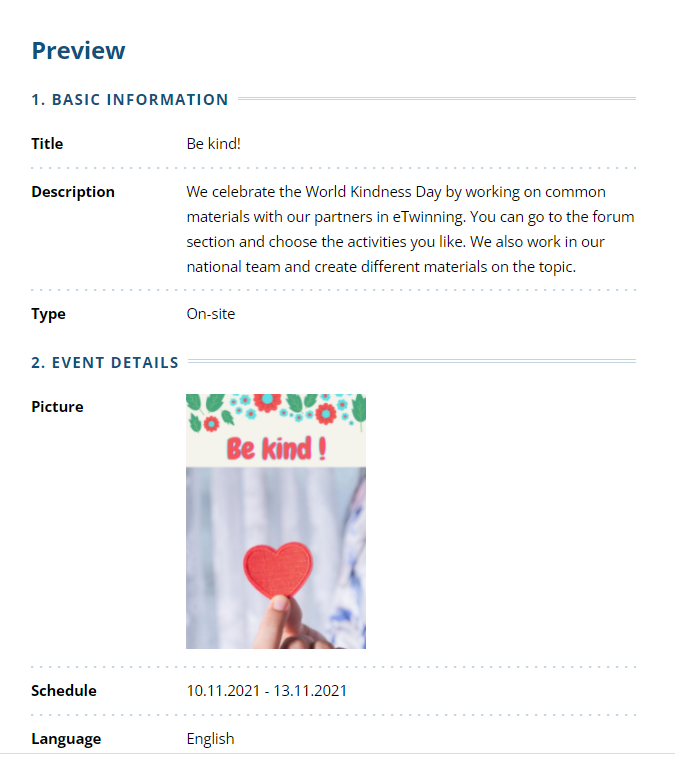


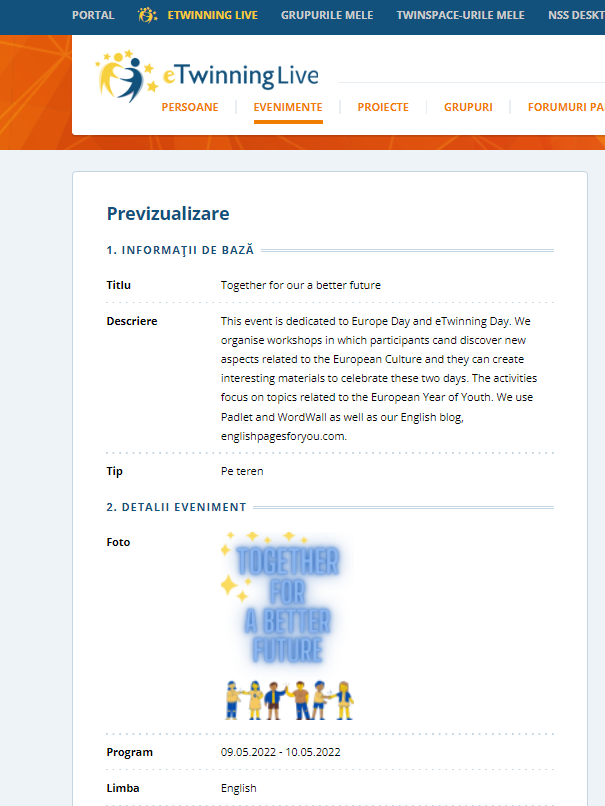

FOCUS ON SKILLS
The project is aimed at developing skills that are necessary in everyday life : language skills, social skills, learn to learn, science skills, initiative spirit and cultural skills. We organise different collaborative activities which will also help students learn from one another (peer learning).

AIMS
1. develop students’ abilities to communicate effectively in English
2. enhancing students’ abilities of working in a team
3. implementing different digital tools in order to solve project tasks in English
4. create different materials in English as examples of collaboration and good practice
5, develop social and civic skills through international team work
6. develop students’ abilities to document themselves in their mother tongues and transfer the information in English in order to solve project tasks
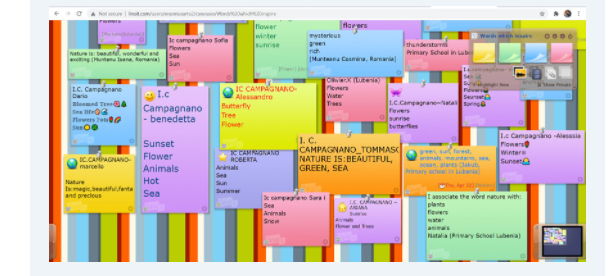
WORK PROCESS
Activity 1 – September- October – Nice to meet you- introduction of participants, setting forum topics related to it. We use Jamboard to make short presentations about the participants. Setting the rules for online behaviour.
Activity 2 – November – January – Holidays are part of our culture – activities to raise awareness about keeping traditions alive. Students work on collaborative documents and present traditions which will be included in a collaborative document. Students will create games to improve vocabulary on the topics.
Activity 3 –February – March – The world around us – weather patterns, environment, social conditions, prices – Use Mentimeter to make presentations, Google forms to write and interpret data, Google slides for final presentation
Activity 4- April- May – The writing lab – focus on writing on different topics which interest students, form to identify their needs and interests. All materials will be collected in common documents.

RESULTS
1. posters of online behaviour
2. games and activities on WordWall and Quizz related to cultural topics
3. presentations related to environment, social conditions and prices
4. online book with students’ writing pieces on different topics of interest
5. better digital skills, communication in English and ability to learn
Links to games


How the COVID-19 pandemic influences our life?
The project is about making students aware of the impact of different pandemics that have affected the world. The activities are meant to make them explore the past and analyze the present so that they can have a better understanding of the world around them. Another area of interest is represented by activities which are meant to make students understand how the COVID19 pandemic has affected everyday lives around the world and how their peers have chosen to manage the situation or what difficulties they faced last year. The tasks dealt with school life and the way it was affected, the students’ free time, measure of security for the online activities and methods of dealing with stressful situations. We wanted the project to be a form of support for our students and to encourage them to express feelings about this difficult period of their lives. We want them to be able to understand different aspects and also to feel free to address questions in order to understand it better.
AIMS
– developing students’ skills on how to use the Internet in a safe way,
– developing students’ language skills,
– developing social and civic competences,
– developing students’ ICT skills,
– supporting students’ emotional development;
The project activities aimed at developing different skills from the eight key competence skills from the European framework and to support the emotional development of students during the pandemic period and not only. The students presented themselves and their schools using Padlet and Google docs and they started from working individually to national and then international teams. They were free to choose different project tasks and they were encouraged to do their research individually and then work in pairs t exchange information. For example, they chose pandemic in different forms of art/ literature or films. They looked for films which dealt with the topic, they even watched some, they met in pairs and discussed and then decided what to introduce in the collaborative document of the project. They did the same with the other areas. In other tasks they worked in national teams to make different suggestions for the vocabulary-based tasks and they decided on a common list which they introduced in the collaborative document.
RESULTS
https://docs.google.com/document/d/1_Obz7Gpo9YAnpQyoHQJL1w1EDb6afNqBJEDu-3iCdNA/edit
https://www.canva.com/design/DAEYKtqUeus/w0v_towZjuJpSJ7jEHxMvA/edit
https://www.canva.com/design/DAEYK–F1_A/elxbriYJ7bHZp5miqQm3GA/edit
The English lessons were organized to deal with vocabulary that students needed in order to cover the project tasks and they also covered those grammar structures necessary for students to express different points of views and write different paragraphs. The biology classes covered the topic of the project as students discussed and learn about different pandemics and what viruses can do to the human body as well as measures to make sure they are healthy. In history classes they learnt about different pandemics in history and their impact on societies. In Romanian classes, they talked about different works of literature that dealt with the topic of pandemics as well as how some of them have been used for films. The counselling classes dealt with ways in which people can fight stress and activities that can be very helpful during a pandemic period.
The students developed different skills from the European framework – they expressed ideas and listened to other people talking in their mother tongue and in English, they made analysis of different pandemics and they found the necessary information on different trustworthy sites. They used different web tools to address the project tasks and they created digital materials which can be used in future activities. They made suggestions and improvements to project tasks and they respected each other’s work both in national and international teams. They learnt more from cultural and social points of view and they expressed themselves in different ways.
https://wordwall.net/embed/44c724e79a344279a3f86b8c18a851af?themeId=1&templateId=2
ONLINE LEARNING
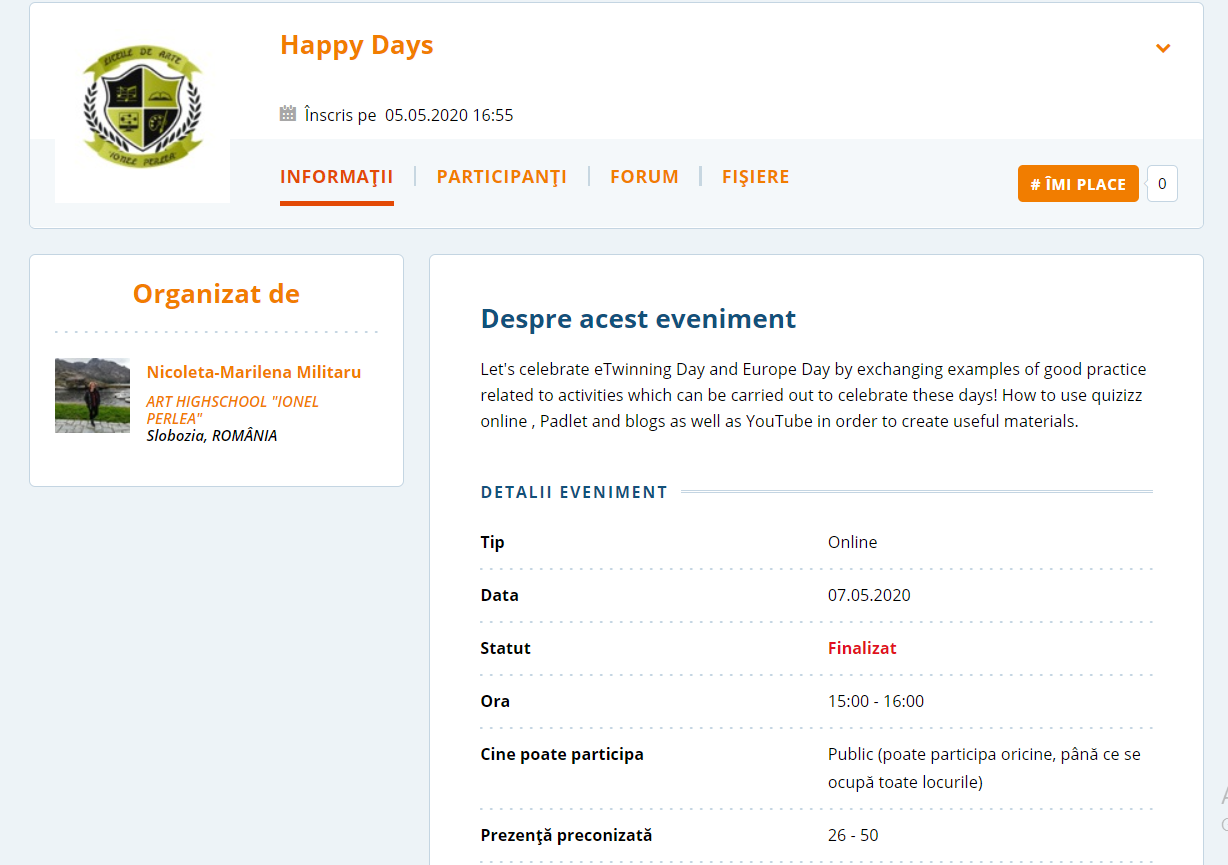
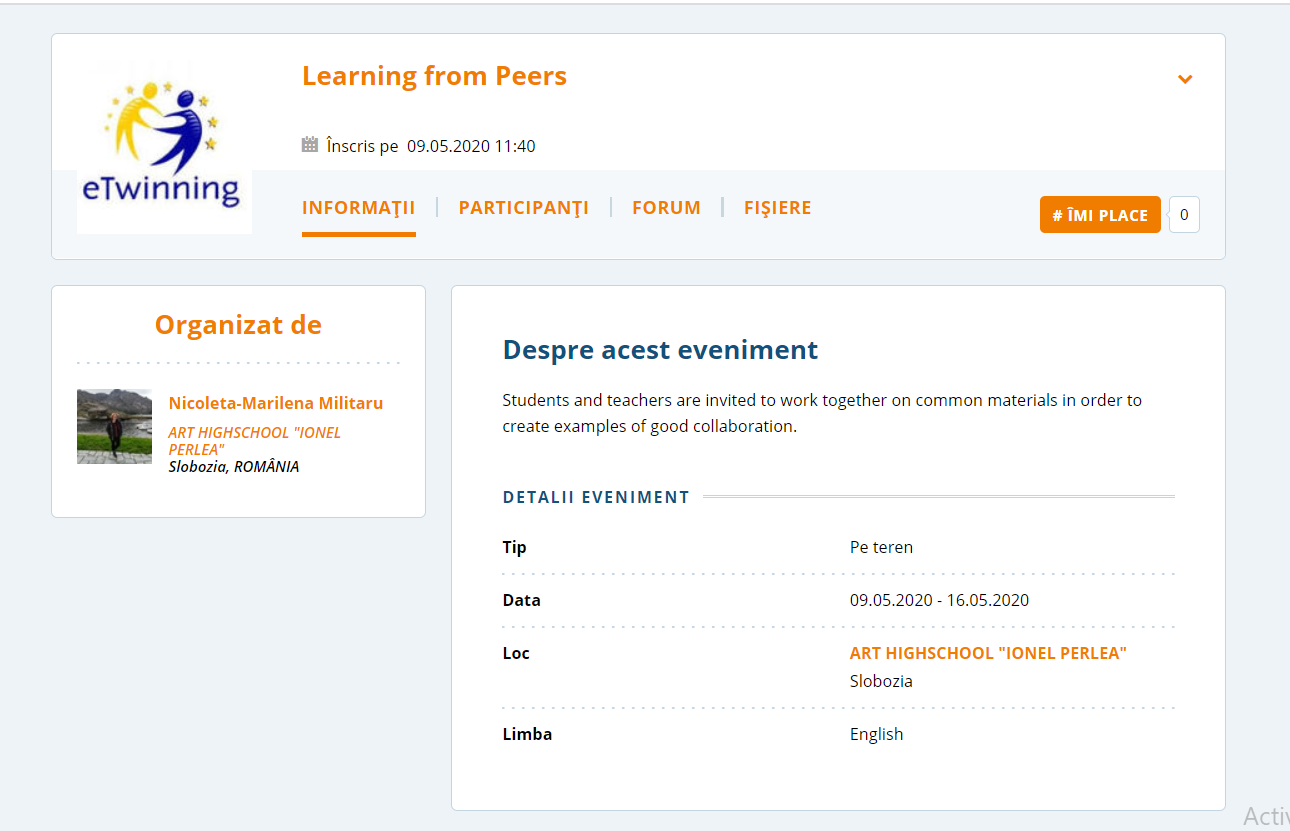
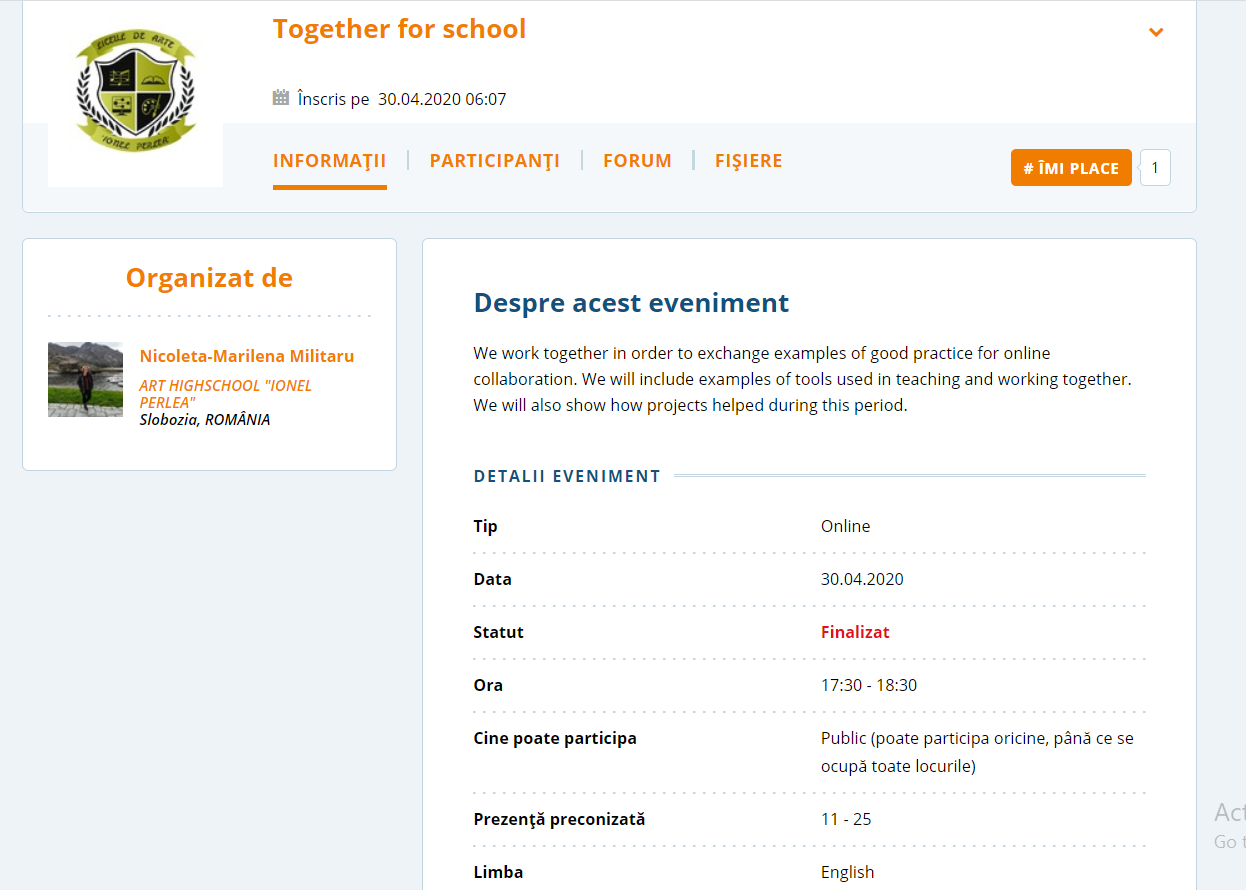
HATE SPEECH ONLINE
Internet is an important issue that needs to be addressed at school. How do I deal with personal information on social networks? How can I avoid harassment on the Internet? What is Netiquette? In our project the project partners will look for answers to these questions. We also want to protest against hate speech on the internet.

AIMS
– making students aware of how to use digital media in a responsible way,
– developing students’ skills on how to use the Internet in a safe way,
– getting to know how to create positive online content,
– developing students’ ICT skills.
WORK STEPS
– Let’s introduce ourselves/Vorstellung der Projektpartner,
– Creating common netiquette rules/Regeln der Internetnutzung erstellen,
– Logo of the project/ Logo des Projektes,
– Competition for a poem/song referring to eSafety/Erstellung des Liedes ueber Sicherheit im Internet,
– Our common eSafety vocabulary bank/Unsere gemeinsame eSicherheit-Vokabelliste,
– eSafety corner/ Spielecke,
– Safer Internet Day 2020/ Tag des Sicheren Internets 2020;



RESULTS
– pedagogical materials to be used in lessons,
– interactive games concerning eSafety, mental maps, posters, etc.
– developing students’ digital skills in their learning
– making students aware of possible dangers that may result from using digital media



ZERO POLLUTION IS OUR PLANET’S SOLUTION
About the project

The environmental issues and their impact on our life and planet require a global action from all the citizens in general and the need of a specific environmental education at schools, so that they have an active role and can be the change for the environmental conservation. For the goals to be reached, everyone needs to do their part:: governments, the private sector, and civil society. As citizens, i.e. members of a local and global community, students have a part to play to contribute to a sustainable future and to find useful solutions collaboratively to make their school, community and the world a better place to live..The project will turn around 2 main starting points for all the students involved: 1- how can we have an impact in our community to make the world a better place and contribute for a sustainable future. 2- how can we reduce water consumption, wastes and the amount of plastic in our planet and community?
The project ranges from September to May 2019
AIMS
Raise awareness in students for the climate changes and environmental threats ;explore the SDGs, especially the ones related to the topic and promote citizenship and commitment on students and the community to help achieve them; involve and motivate students in their learning process; participate in the Climate Action Project with Koen Timmers and the PlantED project to plant trees for the environment; participate on a survey about water consumption and raise awareness for its conservation; take positive actions with the problem of wastes, share good practices and change long-term bad habits; involve students in decision-making, making reports for the city council, writing articles and posters visible for the community; participate in environmental activities: a march and/ or clean-up activity, reforestation,etc; improve students language, sociocultural and digital skills; promote interdisciplinarity; make students collaborate with other European students.
work steps




September/October/November
Make international teams for collaborative activities and active participation in the forum – Adhesion to the Climate Action P; Pledge to plant trees for the PlantED initiative; learning outcomes with products; collaborative survey about water consumption habits in order to change bad habits, reuse and save water – December/January/February
Christmas student meeting hopefully with expert on climate action, researcher or scientist; research on SDGs related to the topics and focus on a particular problem and solution for their area. First visit to an area which students intend to clean up. research on how to make their school greener.
March/April/May
Clean-a-thon of the chosen area to clean up; hack-a-thon for a pollution problem of their community: Students present their results in a public presentation to a particular audience (parents/local government officials or local press)
Results
In this project students will be more sensitive to climate changes by changing school environmental outlook towards sustainability (no more water, food and cutlery in plastic bottles or containers, proper waste collection); increase greenery around the school grounds; create videos, posters, photos, slides, kahoots, online walls, Web 2.0 tools; participate in videoconferences, in the Skype clean up project , in study visits in contact with nature, beaches, awareness for a sustainable tourism; create a blog or site in social network to promote digital citizenship; participate in a march (or walk), clean-a-thon in their home town and on beaches to appeal to the change in attitudes; organize public presentations; interact with famous guests, environmental organizations, NGOs or scientists (either on-site or online) about the state of climate change/action in their country.



SOS- SUSTAIN OUR SOULS
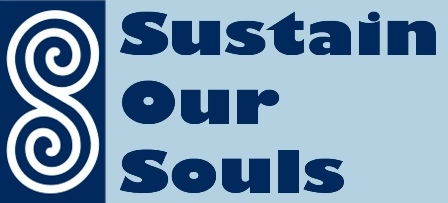
SOS- Sustain Our Souls is also an Erasmus + project which is about cultural heritage and being aware of the cultural elements around us, the elements that make us European citizens. Our main motivation is to create an inclusive environment using inclusive teaching and learning strategies in particular outdoor learning activities designed to engage and challenge students to improve their social skills as well as scientific, digital and language competences. The project will support high-quality learning while giving the students the opportunity to choose programs that suits their skills and interests.
PARTICIPANT COUNTRIES:
Drei-Burgen-Schule Felsberg, Germany
1 Epal Trikalon, Greece
42 Liceum Ogolnoksztalcace im. A. Mickiewicza w Krakowie, Poland
IES Terra de Xallas, Spain
Istituto d’Istruzione Secondaria Superiore “Augusto Righi”, Italy
Liceul de Arte “Ionel Perlea” , Romania
AIMS
Students will be trained to use different sources of information in order to prepare materials for the assigned tasks. They will create different types of presentations and materials relevant to the topics of each mobility: google maps of areas, collections of captioned photos, translations of poems, drawings for the poems, videos of nature and games. They will also learn to use different web tools to make their materials and get used to using the eTwinning space. They will take part in workshops which will enhance their speaking skills as well as their ability to work in a team and create common materials.
WORK PROCESS
- Rediscovering our local and national heritage

2. Important moments

3. Leisure time- https://docs.google.com/presentation/d/1RZ3UMOe32szecSUFOVZ-FcXe_qQakRoIcfnPkULJuUE/edit?usp=sharing

4. The generation gap- creating multinational Draw My Life videos, published on Erasmus Arte YouTube channel
5. Favourite traditions around Europe- create an e-book using flipbook tool
6. Health and us- common healthy eating survey, favourite dish. Anty bullying video made in Manequin Challenge mode
7. Music and art- padlet about favourite artists, writers, painters..Mentimeter about the importance of art in our lives
8. Games and Fun- Kahoot! multinational created game on historical places, natural and important monuments, inventions and daily life in partner countries
Important elements for a project
- eSafety info- personal data, online netiquette, info about copyright materials, rules
- dissemination of activities
- project evaluation
SAFER INTERNET DAY 2020
We had different classes on the importance of having a safe online behaviour, on how to aviod difficult and dangerous situations and also about how students can check the source of their information. We discussed about bots and trolls, about fishbait and fake news, about online netiquette and how we can prevent bullying attitudes online. They workes on a list of words to be included in a dictionary and they also set some ground rules for responsbile online behaviour. These materials are to be used in the eTwinning project, HATE SPEECH ONLINE : IT DOESN’T WORK. The activities were carried throughout this week 10-14 February 2020 and we focused on raising awareness of our students who participated in these activities for the first time and feedback and new ideas from previous attendees,
PLANET EARTH AND ITS FRIENDS
The aim of the project is to increase pupils’ awarness of the need to protect the natural environment as well as encourage them to live eco-friendly. By taking part in the project students will be encouraged to take an active part in ecological actions, they will create their own ecological pieces of artwork as well as widen their vocabulary knowledge concerning ecology and the environment. When participating in the project pupils will also have an opportunity to make friends with their peers from different European countries and develop their ICT skills.
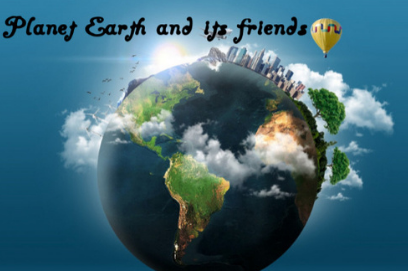
Online project meeting of the team of teachers in order to discuss important aspects of the project, to suggest ways in which the activities can be done in a collaborative work.
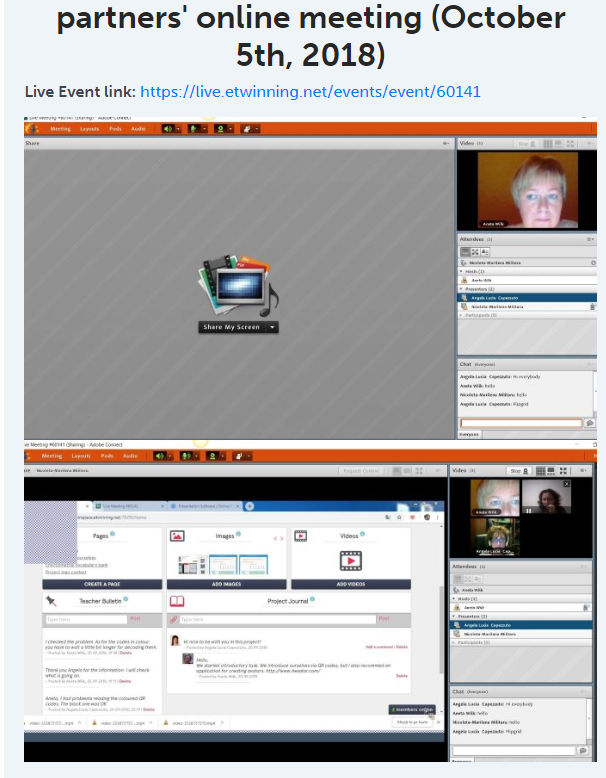
WORKING STEPS
1. Let’s introduce ourselves – students introduce themselves via videoconference, voice applications.
2. Environmental vocabulary bank – students create mental maps referring to environmental vocabulary as well as poems using the vocabulary they get.
3. Project logo contest – national teams prepare proposals for the logo of the project; the final result of this activity will be voting for the most interesting logo.
4. Photo reporters- observe and report about the environment issues around you
5. Students’ ideas for a slogan/motto promoting ecology – students create and vote for the most interesting mottos.
6. Students’ ideas on giving new life to old things – students will exchange their ideas on how to reuse old things and make them the new life (they can reuse plastic bottles, glass jars and present the results to their peers).
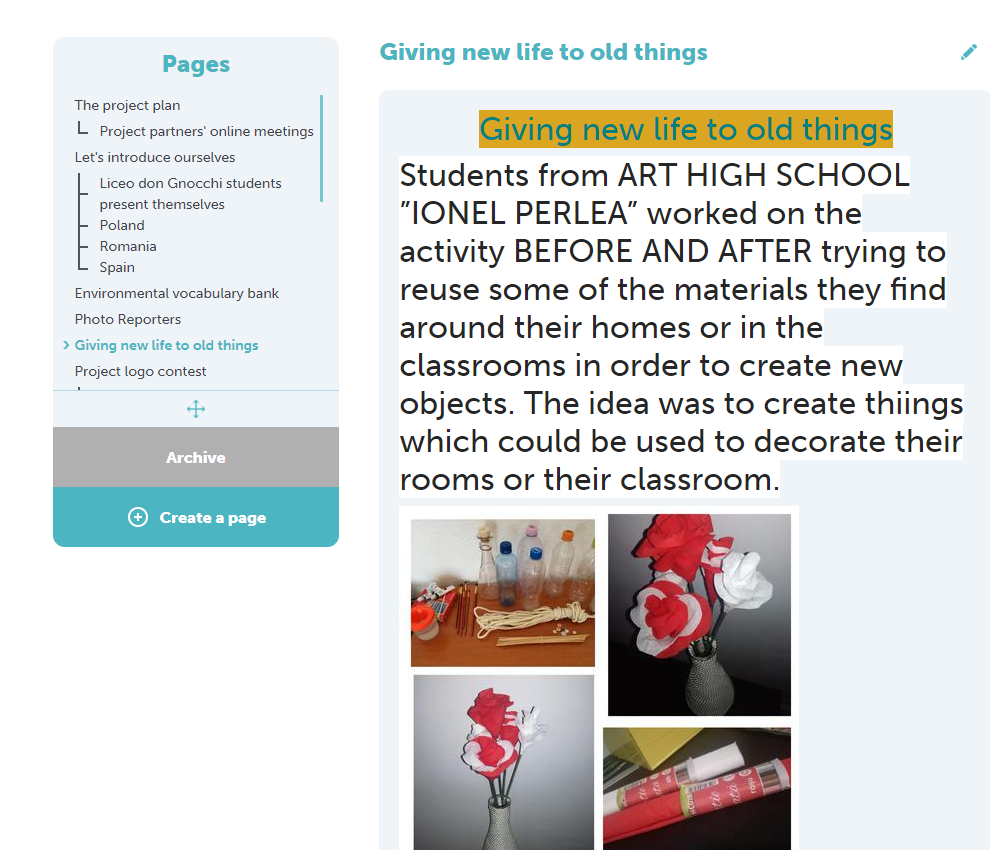
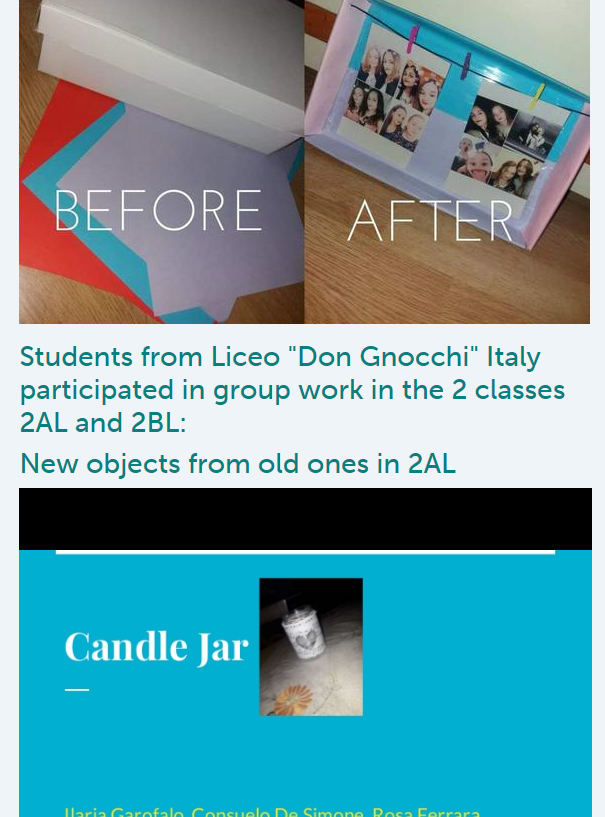
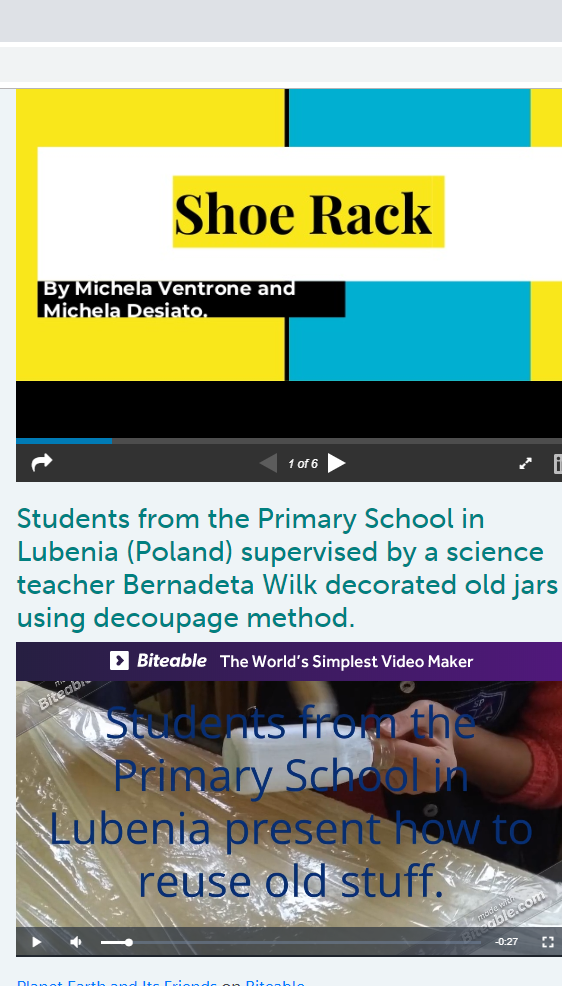
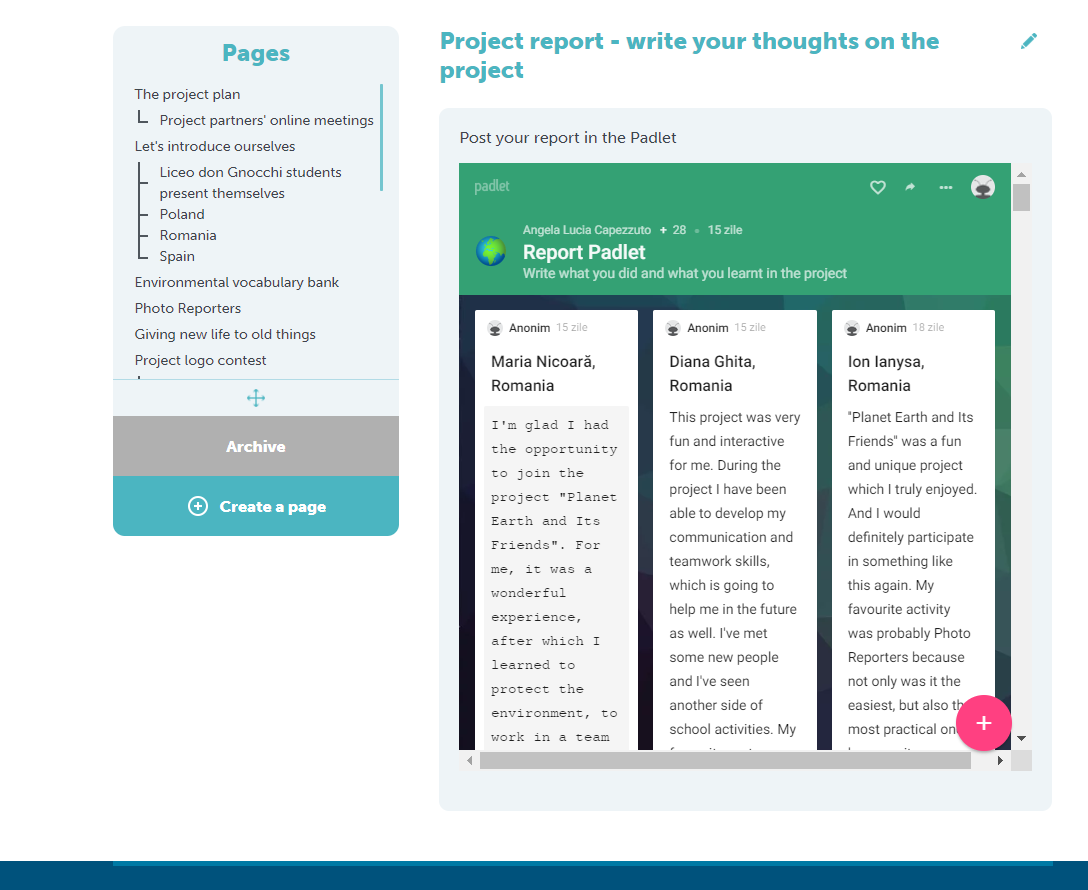
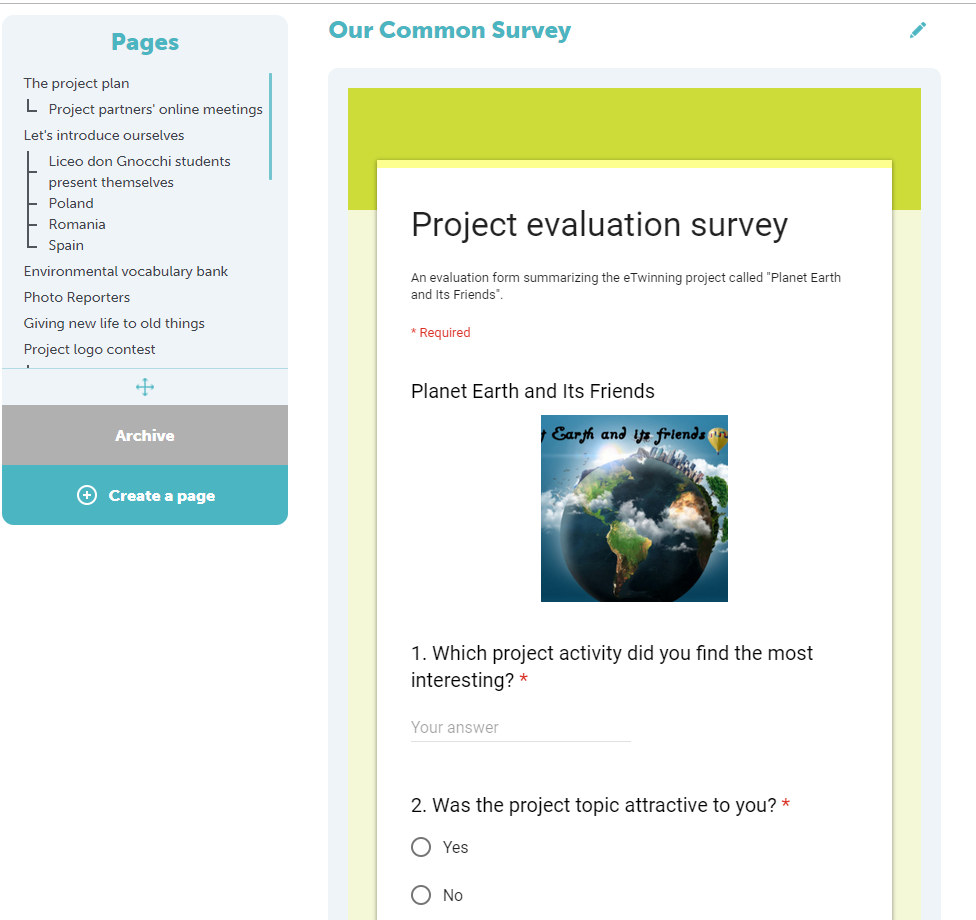
LET’S EXPLORE EUROPE!!!
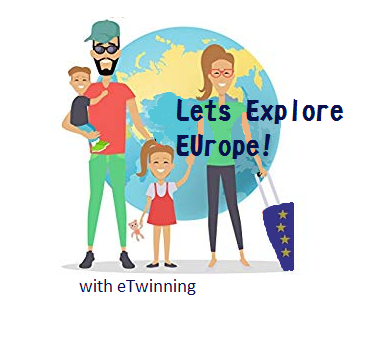
Creation of an European Tour Guide for children which will include pictures and information about the most beautiful places in country access roads, events and more useful information.
Choosing the logo- a competition among the participant countries in which students got to vote the logo they liked the best!
The main objective of the project is to share information about cities between partner schools and creating together a guide. Alos, developing key competencies to improve skills in scope of using ICT tools as well as the English and German language is another important objective of the project. What is more, the chance of being able to work together in common tasks teaches students about the importance ands responsabilities in team working tasks.
STEP 1:Pupils introduce themselves
STEP 2: Pupils talk about their school- short presentations of the participant schools.
STEP 3. Pupils invite their peers from other schools to a virtual trip to their town, they show them the main sites to visit, tell them what their town is famous for, they take their peers for a one-day tour guide around their town.
The students worked colaborativelly using Google power point documents in order to write their research on traditional dishes, important places, attractions for children and teenagers, costs, communication, etiquette and manners and important maps of the areas. They formed multinational teams and then they chose the aspects they wanted to research.
Another important product is the common document about food in which students wrote about traditional food in their countries and also their favourite food.

As collaboration is important, another pages was dedicated to the creation of a common game which included elements of culture. There are also puzzles about the capital cities and Kahoot games that children can play and learn new things while doing so.

EVALUATION
Using PADLET, which enhances collaboration, the stundets could write their opinions on the activities carried out in the project and about eTwinning projects in general.

RESULTS
Creation of a European Tour Guide which will include pictures and information about the most beautiful places for children in your country including roads, accommodation, event…Pupils will learn more about other countries’ culture and traditions, make new friends.
BE BRAVE! SPEAK ENGLISH!
Our students will have the motivation to speak English with the help of the project.They will realize that speaking is fun.On the other hand, they will improve their ICT skills.
WORK PROCESS
November–> We’ll get our students register eTwinning portal. They’ll introduce themselves by photos and videos.
December–> They’ll talk about their daily routines. They’ll prepare a crossword puzzle using one of web 2.0 tools.
January–> They’ll translate a song which is in their mother tongue into English.
February–>They’ll take pictures of buildings and places whose names are in English and translate them into their own language.
March-April–>They will find words that make rhymes and they will try to write poems in English.
STEP 1. INTRODUCE YOURSELF – use Prezi to create presentations. Thank you, Bogdan!

STEP 2- MY DAILY ROUTINE– complete the padlet with infromation about daily routines..thank you all for keeping up to the task! STEP 3- WORDD…WORDS… use google doc in order to select words and definitions which are according to the task of daily routine crossword.
STEP 3- WORDD…WORDS… use google doc in order to select words and definitions which are according to the task of daily routine crossword.

STEP 4- PLACES IN THE COUNTRY- to make a large presentation, each students chose a place, uploaded a photo and wrote something about it in the forum section. Then, eveything was put together using prezi. 
STEP 5- MUSIC– Romanian and English version of a song composed by a band of musicians in our school- they are project participants so thank you, Dana, Oana , Edy and Iannis for your collaboration.
STEP 6- WORDS THAT RHYME – use padlet to post words that rhyme in English. They were later used in a drama workshop in “Shakespeare, We Love” festival. 
Crossword challenge– use online crossword generator to create the crossword with the chosen words and definitions. Thank you, Antonio for your input in the task!
LET’S LEAD OUR LIVES BY THE EU VALUES!
The results were amazing!
We want students to cherish the European Values as one of the most important things in life; to think about its importance in our everyday life; to discuss which are the most important values established in EU. Our main aim is to help students creating a digital book regarding those values.
They worked in teams made from students from Romania, Ukraine and Portugal and they found out information and they expressed their opinions on the following values: equality, freedom, peace, respect, solidarity, tolerance. They used the forum section in order to post information. At the end, they created stories using Storybird which illustrated the researched value. They posted their materials in the Materials section in order to decide which aspect to be used in the final story.
THE PEACE GROUP: Simona , Vlad , Anca, Mara, Beatriz , Mariana.
THE MAGICAL KEY



THE EQUALITY GROUP: Vlad, Ana, Georgiana, Barbara
PETER’S VILLAGE




THE TOLERANCE GROUP: Vlad, Mafalda, Mariana
SPINY IS PERFECT






THE RESPECT GROUP: Theo, Andrei, Joao
THE MAGIC OF RESPECT




THE SOLIDARITY GROUP: Ana (Romania), Ana (Portugal)
A HELPING HAND



And our project BEING E-AWARE, FEELING E-SAFE obtained the National Quality Label together with the partner school from Poland.
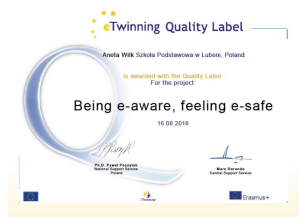
BEING E-AWARE, FEELING E-SAFE an E-twinning project of Romanian and Polish schools: Art High School “Ionel Perlea” and Szkoła Podstawowa w Lubeni, teachers: Militaru Nicoleta and Wilk Aneta. Students: Raluca Cirlan, Stefan Gheorghe, Ada Sima, Andrei Bracaci, Bogdan Neagu, Diana Ghita, Ivona Coman, Nora Filipoiu, Mariana Surugiu, Julia Cz, Karolina Buz, Catarzyna G, Catarzyna W,Milena D, Nadia B, Pawel W., Roksana B, Zuzia Warchol.
The aim of the project is to develop students’ awareness in scope of using digital media in a safe way. By taking part in a project activities students will get to know how to avoid risks stemming from the use of digital media.
They introduced themselves using either VOKIs or online presentations. They also wrote letters to one another and these were send by traditional post.
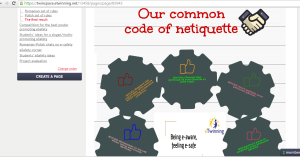 Children created their code of netiquette and established the rules to be followed when one uses it.
Children created their code of netiquette and established the rules to be followed when one uses it.
Then, they made posters about what it means to be online. what e-awareness means to them. After each student finished the project, the others voted for the best ones.
Once this was completed, the children went on the chat room and had different talks about what e-safety means, what are the DOs and DON’Ts, what their opinions are concerning sites, blogs, games and the ways they can be safe when they are online. At the end, their feedback on these subjects was made into a short presentation.
Then they went of the forum and they wrote their ideas for crosswords regarding e-safety and navigating on the net. These crosswords can be used during English classes on this topic.
ENGLISH PAGES FOR ALL….our new project
We found out so many interesting things so far…..
In Eastern Finland where we live children often go from door to door to wish their neighbours God’s blessing by whisking decorated and blessed willow twigs at them.
Poland has many beautiful national parks.
These forms are in Lapland, where Santa Claus lives.
We found out about the Polish poppy seed cakes which seem to be delicious!!! It is a traditional Polish desert at Easter..
INVENTIVE WORLD OF ENGLISH VOCABULARY- an e-twinning project with Spain, Poland, Turkey, Finland and, of course, Romania.
Children explore the world of vocabulary by making pictionaries and filming dialogues using the given vocabulary. They have the forum section where they can express their opinions on different topics.
Children created pictionaries on WEATHER, CLOTHES, FOOD AND DRINKS
These were made by the students from Spain, Finland and Poland
The project can be seen on the e-twinning portal.
We also include here various activities that we do outside the normal English class. These are different project steps or activities that we enjoy doing.
The following activity was suggested to us by Zuzana Rynikova from Slovakia. Students choose a song from their country and make an English presentation of it. They had fun and really liked the activity.
Here is an example!
SINGER: ANDRA SONG: FEMEIA (THE WOMAN)
I chose this song because I’m sure that it fits many women.The song is about stong women,how much love she has and her feminity does everything in a relationship.She has an immense power to fight. She can overcome all.
Students: Birneata Alina Mariana,Dumbravu Ana Maria,Avram Afiana,Ionescu Mihaela (grade X A)
T eacher’s notes: She sings about how strong a woman can be. She is empowered by her love for the one next to her. She will always fights for what she wants. Her will is her strongest weapon. She may suffer and she may cry but she will always overcome her difficulties
http://www.youtube.com/watch?v=0KUxy-UC7_s
CULTURE IN A BOX….OUR PROJECT WITH THE ITALIAN SCHOOL FROM GENOA… Their teacher is Sabrina Masnata and together we have worked on a wonderful and challenging project.

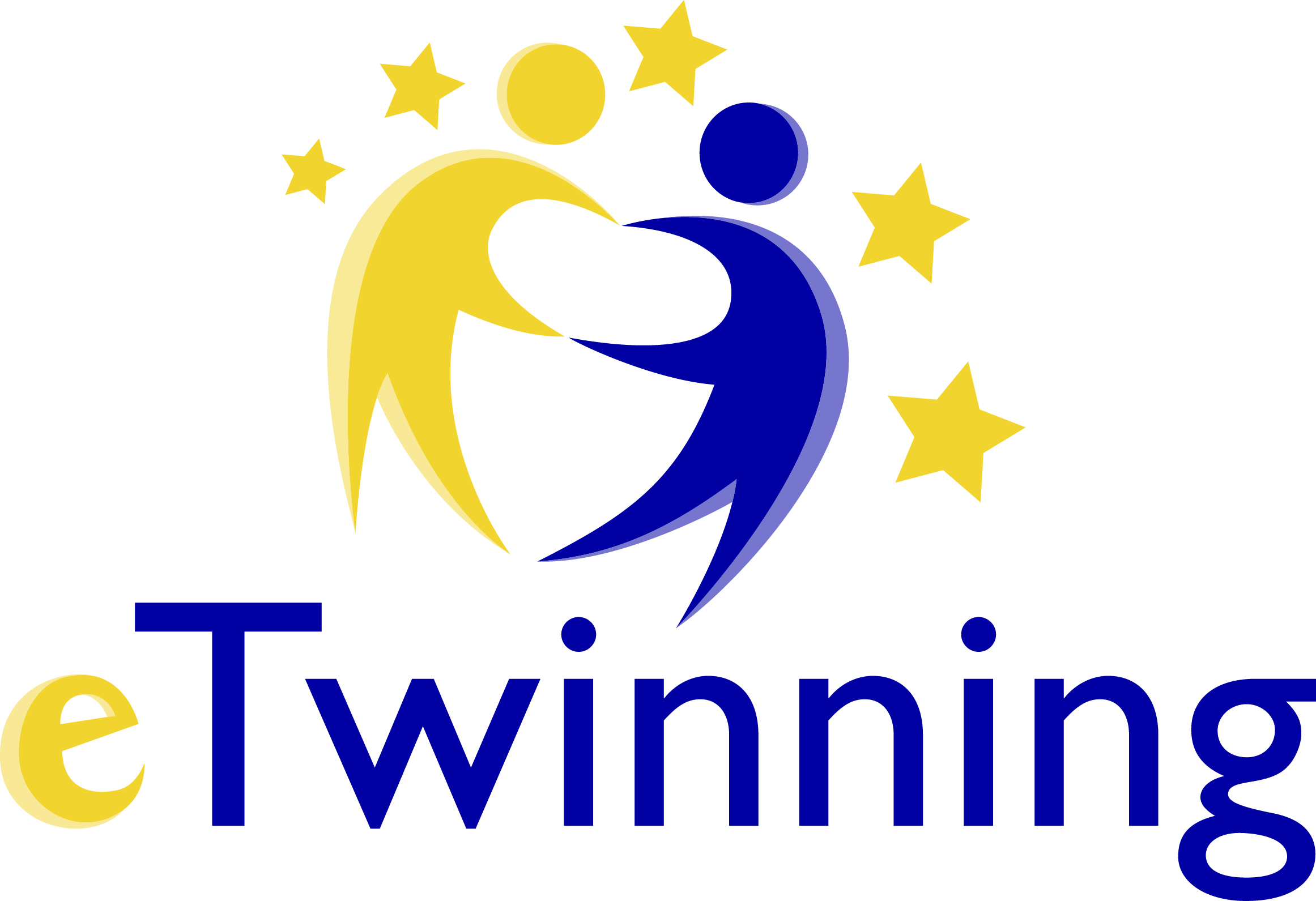


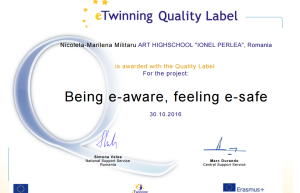
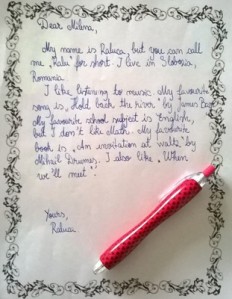

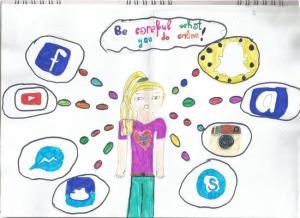
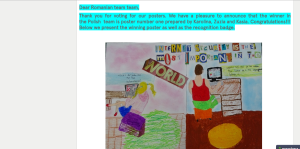
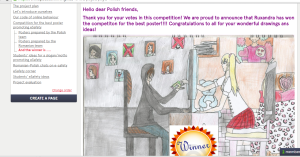
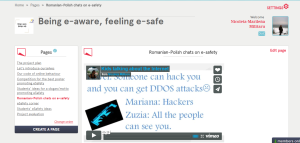
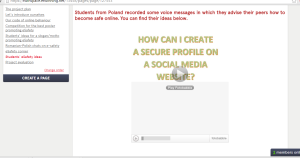
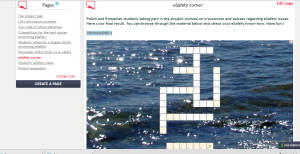
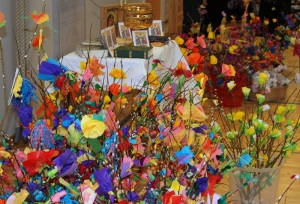
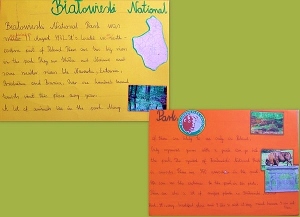
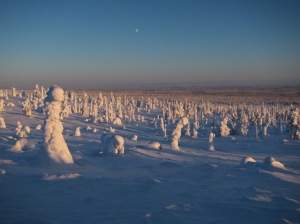
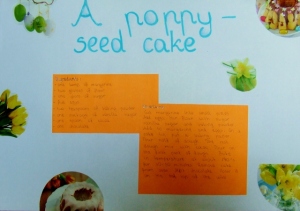
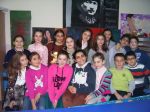
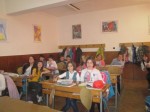
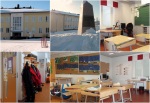
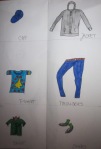
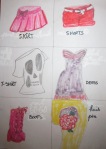
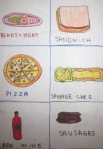
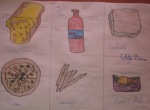
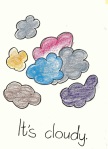

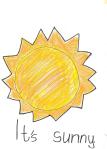
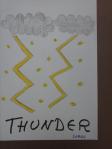
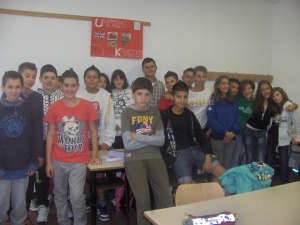
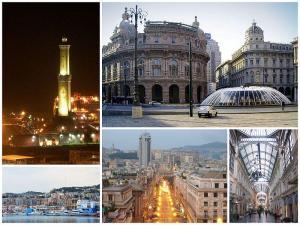
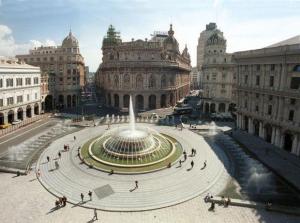
Leave a comment